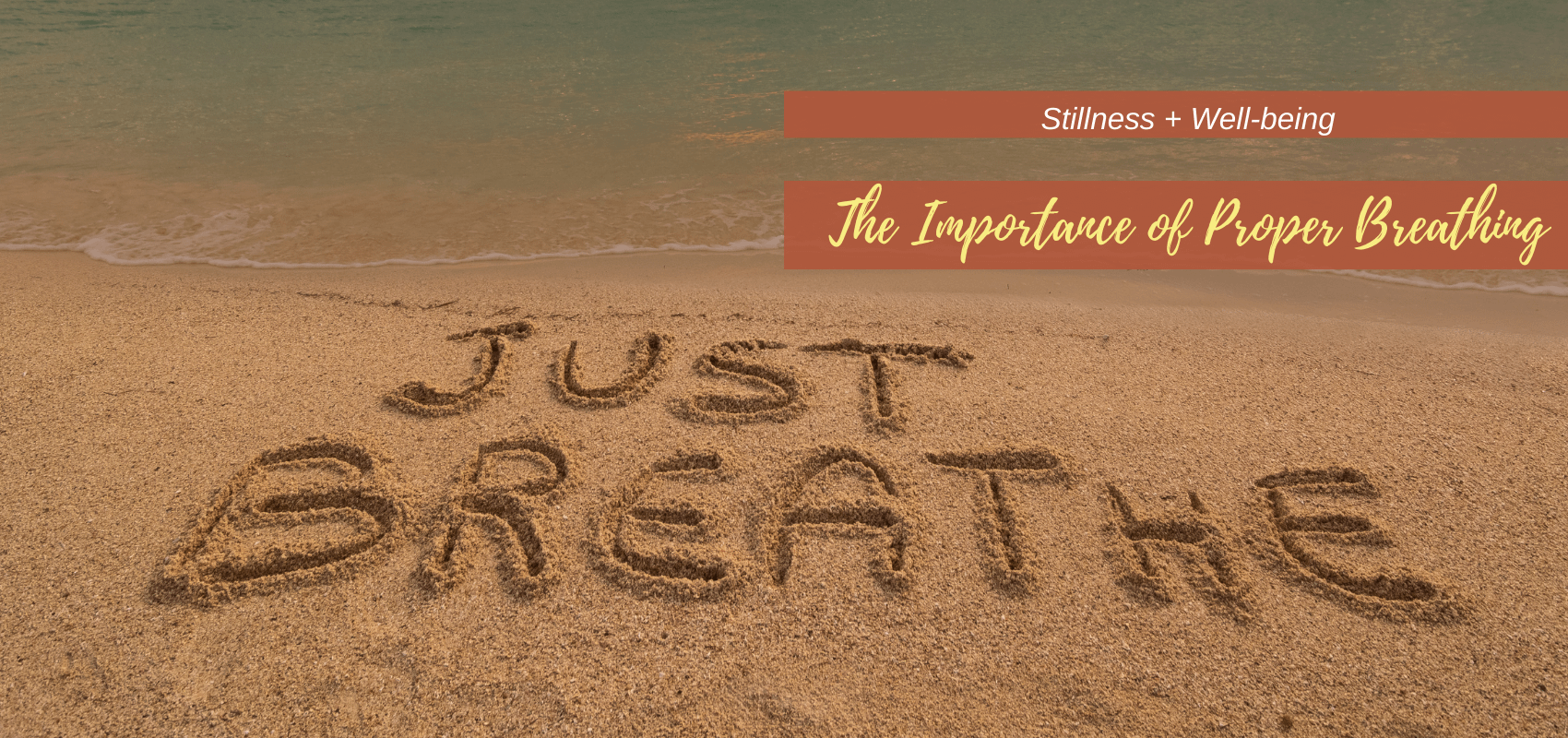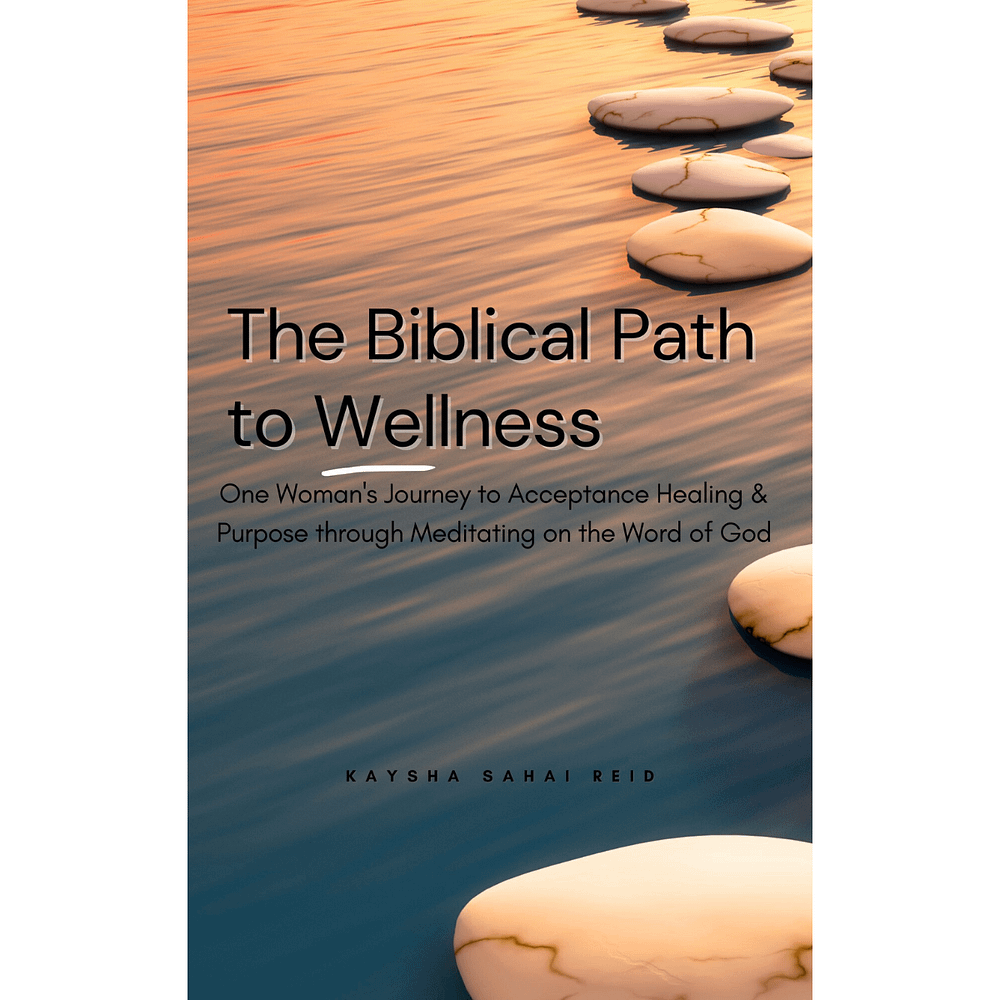
Understanding the Importance of Proper Breathing
While proper breathing is a normal function, for most of us (due to stress and other factors) our breathing often becomes more and more shallow over time. Thankfully, we can all seek to relearn this for stress management and rejuvenation purposes.
The Foundation of the Breath
The Hebrew word for breath, ruach, also translates to the words spirit and wind. Additionally, scripture tells us that when God created man, He breathed into his nostrils the breath of life; and man became a living soul. So the breath first signifies God’s presence within us (our spirit) and yet it also signifies a heavenly brush (wind). John 3:8 describes the wind as an inexplicable encounter that everyone that is born of the Spirit (the new birth of placing one’s faith in Christ Jesus) experiences. This means that without the (Holy) Spirit and wind, the result is basically us living separate from Him.
Furthermore, certain versions of 2 Timothy 3:16-17 describe God’s word as God-breathed. And while there is a difference in the meaning behind the words breathed and breath, we know that His Word is from Him. So basically meditating on what He has inspired for our benefit is vital to our overall well-being.
In fact, we are told in Hebrews 4:12 that “the word of God is quick, and powerful, and sharper than any twoedged sword, piercing even to the dividing asunder of soul and spirit, and of the joints and marrow.
Approaching Greater Well-being
The above verse informs us of the power of God’s word and its ability to do a unique piercing of the “soul and spirit, and of the joints and marrow.” The Apostle Paul also makes mention of our being in 1Thessalonians 5:23, as it relates to sanctification, describing it as a whole consisting of the “spirit and soul and body”: “May the very God of peace sanctify you wholly; and I pray God your whole spirit and soul and body be preserved blameless unto the coming of our Lord Jesus Christ”
So as we allow the Lord to sanctify us wholly, the process is really holistic. Essentially, when our spirit (breath of life) and soul (which consists of the mind, will and emotions) and body all exist in their intended function, we are bearing the fruit of the Holy Spirit (that we receive in the wake of our new birth). Scripture tells us these are: love, joy, peace, longsuffering, gentleness, goodness, faith, Meekness, temperance.
The Body’s Response to Well-being
The body and emotions respond with what is officially referred to as the relaxation response. Coined by Dr. Herbert Benson, he defines this response as: “a physical state of deep rest that changes the physical and emotional responses to stress and the opposite of the fight or flight response.”
Studies show that proper relaxation helps to activate this response and allows the body to rejuvenate and facilitate a nervous system that is more calm and re-energized.
What is the Nervous System?
The nervous system is a set of nerves and cells (neurons) that send signals to and from the brain and spinal cord to many parts of the body. There are two main components—the central nervous system and the peripheral nervous system.
The brain and spinal cord are what constitutes the central nervous system. Whereas the peripheral nervous system is located just outside of the central nervous system, and its job is to connect it (the central nervous system) to the rest of the body. Essentially, it includes the somatic and the autonomic nervous systems.
The somatic nervous system is associated with voluntary muscle movements. It consists of sensory and motor nerves. Meanwhile the autonomic nervous system is very significant when we talk about breathing. It includes the parasympathetic and sympathetic nervous systems. Both these systems basically have a balancing effect on each other. For instance, the parasympathetic system allows the body to efficiently utilize energy by doing things like slowing down the heart rate and encouraging digestive activity. The sympathetic nervous system, on the other hand, basically works to raise the heart rate, as well as the blood circulation and breathing rates. So in other words, the sympathetic system allows “fight or flight” to occur; but then, after the moment has passed, the parasympathetic nervous system allows rest and digestion.
How Proper Breathing Corresponds with Well-being
We see, therefore, that the physical breath and the nervous system are essentially linked. In fact, abnormal breathing patterns occur in disorders of the central and peripheral nervous system. Stress tends to play a major role in abnormal breathing, however, proper breathing means a clean and active nervous system.
In essence, understanding the natural rhythm of proper breathing supports the maintenance of a well-functioned system. Yet honoring the foundation of the breath, and the wisdom and Grace of our Divine source, produces new life within us and allows us to continuously seek greater balance and well-being from within.





